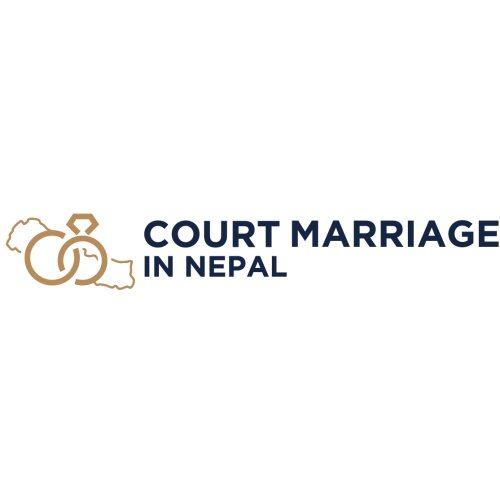Best Marriage Lawyers in Pokhara
Share your needs with us, get contacted by law firms.
Free. Takes 2 min.
Free Guide to Hiring a Family Lawyer
List of the best lawyers in Pokhara, Nepal
About Marriage Law in Pokhara, Nepal
Marriage is a sacred institution in Pokhara, Nepal, and is primarily regulated by the Muluki Ain, the national civil code. This code governs various aspects of marriage, including eligibility, procedures, and legal rights and responsibilities of married individuals.
Why You May Need a Lawyer
Seeking legal assistance from a lawyer may be necessary in various situations related to marriage. Some common scenarios where you may require legal help include:
- Navigating the legal requirements for marriage registration
- Drafting and reviewing prenuptial agreements
- Addressing issues related to divorce, alimony, and child custody
- Seeking legal protection in case of domestic violence or abuse
Local Laws Overview
While the Muluki Ain governs marriage nationally, there are certain local laws and customs that are particularly relevant to marriage in Pokhara. It is important to consider the following key aspects:
- Polygamy: Polygamy is illegal in Nepal, including Pokhara. Marrying multiple individuals simultaneously or during the subsistence of marriage is prohibited.
- Child Marriage: Nepal has set the minimum legal age for marriage at 20 years for both men and women, effectively ending child marriages. The consent of both parties is necessary for a valid marriage.
- Divorce: In the event of irreconcilable differences, divorce can be sought through legal proceedings. The courts assess and decide key matters such as division of property and child custody.
Frequently Asked Questions
1. Can foreigners get married in Pokhara?
Yes, foreigners can get married in Pokhara by following the legal procedures, which typically involve obtaining a No Objection Certificate (NOC) from their respective embassies or consulates in Nepal.
2. How long does it take to register a marriage in Pokhara?
The time required to register a marriage in Pokhara can vary depending on factors such as the completeness of documentation and workload at the registration office. Typically, it takes around 1-4 weeks.
3. What are the legal rights of married individuals in Pokhara?
Married individuals in Pokhara have various legal rights, including the right to property, the right to equal treatment, and the right to seek legal remedies in case of infringement of their rights.
4. How can I protect myself in case of domestic violence?
If you are experiencing domestic violence or abuse, it is crucial to seek immediate help. Contact the local police or organizations such as the National Women Commission for legal assistance, protection, and support.
5. What happens to property acquired during marriage in Pokhara?
In Pokhara, property acquired during marriage is generally regarded as joint property. However, the division of property upon divorce or separation is determined by the court based on various factors, including the financial contributions of each spouse.
Additional Resources
For further assistance or information, you may consider reaching out to the following resources:
- Legal Aid and Consultancy Center: Provides free legal advice and aid
- National Women Commission: Offers legal support to women in need
- Pokhara Marriage Registration Office: To obtain detailed information on marriage registration procedures and requirements
Next Steps
If you require legal assistance or advice, it is advisable to consult with a qualified lawyer specializing in marriage law in Pokhara. They will guide you through the process, ensure your rights are protected, and help navigate any legal complexities that may arise.
Lawzana helps you find the best lawyers and law firms in Pokhara through a curated and pre-screened list of qualified legal professionals. Our platform offers rankings and detailed profiles of attorneys and law firms, allowing you to compare based on practice areas, including Marriage, experience, and client feedback.
Each profile includes a description of the firm's areas of practice, client reviews, team members and partners, year of establishment, spoken languages, office locations, contact information, social media presence, and any published articles or resources. Most firms on our platform speak English and are experienced in both local and international legal matters.
Get a quote from top-rated law firms in Pokhara, Nepal — quickly, securely, and without unnecessary hassle.
Disclaimer:
The information provided on this page is for general informational purposes only and does not constitute legal advice. While we strive to ensure the accuracy and relevance of the content, legal information may change over time, and interpretations of the law can vary. You should always consult with a qualified legal professional for advice specific to your situation.
We disclaim all liability for actions taken or not taken based on the content of this page. If you believe any information is incorrect or outdated, please contact us, and we will review and update it where appropriate.








